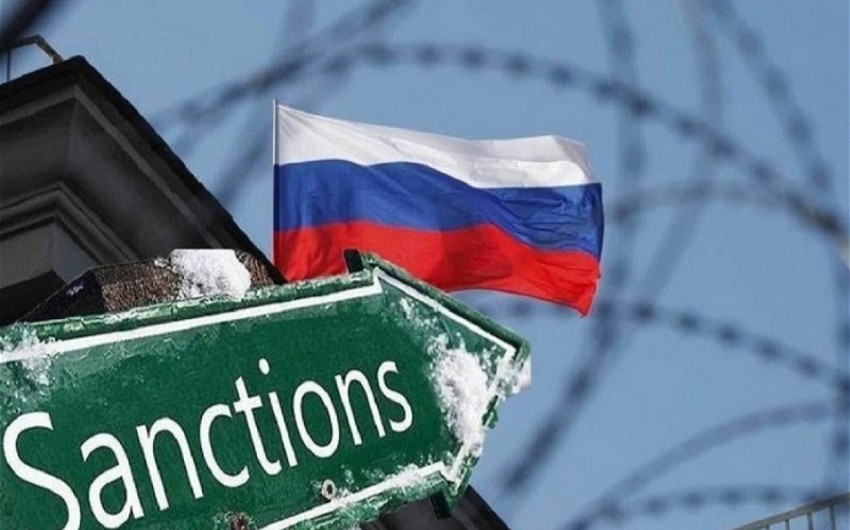Introduction
On February 23, 2024, the European Union released its 13th package of sanctions against Russia, which amended and expanded existing targeted and trade measures. The new sanctions package went into effect on February 24, 2024, which brought 27 more entities to the list of more than 600 that were facing EU restrictions over alleged financial support to Russia. The latest sanctions are intended to further restrict Russia’s access to military technologies and are directed towards the Russian military and defense sector. The new measures include adding new people and entities to the list of partner countries for the import restrictions on iron and steel, as well as imposing additional export restrictions on advanced technologies and goods that could help Russia increase its industrial capacity. To further counter the Russia-Ukraine confrontation, the United States has imposed sanctions on over 500 Russian-affiliated targets. According to US President Joe Biden, Washington has also taken steps to further cut down on Russia’s energy income and placed additional export restrictions on almost 100 organizations that have supported Russia.
Sanctions on Chinese and Indian Companies
The EU has adopted new sanctions against Russia, the first of which particularly targets Chinese and Indian enterprises suspected of assisting Moscow. The European Union released a comprehensive list including 17 new Russian entities and 10 non-Russian entities. There are allegations that foreign firms supplied dual-use equipment to Russia for use in its conflict against Ukraine led to the imposition of sanctions against them. The recently added non-Russian enterprises trade electronic components, and some of them have also been involved in violating trade prohibitions by bringing in products that are illegal in parallel to Russia and engaging in other similar actions. Non-Russian entities include one each in Kazakhstan, India, Sri Lanka, Thailand, Turkey, and Kazakhstan, as well as four in China. The designations stipulate that EU state authorities prohibit shipments of dual-use and sophisticated technology goods to the covered entities unless there are exceptional circumstances. Technology, satellites, and drones are examples of dual-use items that can be used for both military and civilian objectives.

The EU and its G7 allies are attempting to limit Russia’s use of third countries and transit routes to bypass current sanctions aimed at affecting Russia’s economy. The EU sanctioned Chinese and Indian companies for Russian links. Foreign countries are referred to as third countries under EU regulation. Brussels had abandoned plans to fine mainland Chinese enterprises due to lobbying by member states, particularly Germany, which were concerned about offending Beijing. Despite enormous Western trade sanctions, Russia’s persistent ability to produce vast quantities of drones, missiles, tanks, and other armaments has spurred G7 capitals to further increase its efforts and operations against these countries.
Russia’ Response
In response to the most recent round of sanctions imposed by the European Union, Russia’s foreign ministry announced on Friday that it has added a considerable number of officials and politicians to its list of banned individuals. The Russian foreign ministry said in a statement, “The European Union is continuing its fruitless attempts to put pressure on Russia through unilateral restrictive measures.” The statement added, “In response to these unfriendly actions, the Russian side has significantly expanded the list of representatives of European institutions and EU member states, who are prohibited from entering the territory of our state.” As per Russia, representatives of European institutions involved in the prosecution of Russian officials, law enforcement agency and commercial organization representatives who gave military assistance to Ukraine, and individuals who gathered evidence in favor of seizing Russian state property were among those on the stop list.
Conclusion
Despite sanctions and restrictions, in 2023 the Russian economy grew at a faster rate than that of the US and Europe, rising by 3.6% in spite of being isolated from important international markets and subject to a wide range of harsh economic sanctions. India and China both maintain cordial relations with Russia. China’s relationship with Russia has remained solid despite their caution about severing ties with the West. While maintaining strong ties with the West, India also retains considerable engagement with Russia, especially in the areas of energy and defense. The strategic and economic collaboration between China, Russia, and India is expected to continue. While the West wants to isolate Russia, these countries see prospects for increased trade and diplomatic cooperation driven by a combination of similar economic interests and geopolitical considerations.

Research Associate, Pakistan House



